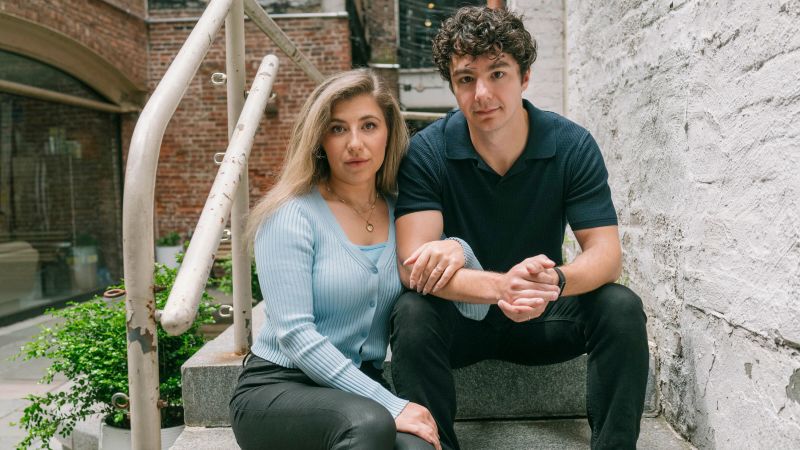In 2020, voice actor Paul Skye Lehrman took a job on Fiverr providing voice samples for what he believed was a one-time gig. Years later, he discovered that his voice was being used in YouTube videos and podcasts without his consent. Along with fellow voice actor Linnea Sage, Lehrman is now suing AI company Lovo for allegedly commissioning their voices under false pretenses in order to create and sell AI-generated versions of their voices. The company offers AI-generated voice technology for marketing, education, and product demos.
The lawsuit, seeking class action status, alleges that Lovo used the voice actors’ voices without their permission, leading to concerns over how AI models are trained using copyrighted material. The complaint states that the continued unauthorized use of the voice actors’ voices is theft of service and misappropriation. Lovo has not responded to the lawsuit filed in the Southern District Court of New York, adding to a wave of legal actions against tech companies by creatives whose work was used without consent.
Lehrman initially received a request on Fiverr from a user account for voice-over narrative services, which he was told would be used for academic research purposes only. Despite being assured that the scripts would not be used for anything else, Lehrman later discovered his voice being used in a YouTube video and a podcast. Similarly, Sage was offered a job on Fiverr in 2019 to produce test scripts for radio ads, which were not supposed to be disclosed externally. She later found her voice being used in a YouTube video of a Lovo investor presentation.
The voice actors claim that the individuals who contacted them on Fiverr were actually Lovo employees who misrepresented the use of their voice samples, later selling or raising money based on the AI-generated versions of their voices. The lawsuit alleges that Lovo marketed stolen property, selling the voices under false pretenses. Lehrman and Sage are seeking more than $5 million in damages and a court order to stop Lovo from continuing to use their voices without permission.
This legal action highlights the ethical concerns surrounding AI technology and the use of copyrighted material without consent. As the training of AI models requires a vast amount of data, there is increasing scrutiny over how tech companies handle intellectual property rights. The lawsuit against Lovo is part of a broader trend of creatives, writers, and artists taking legal action against companies that use their work without permission to develop AI systems that could potentially compete with them in the future.


